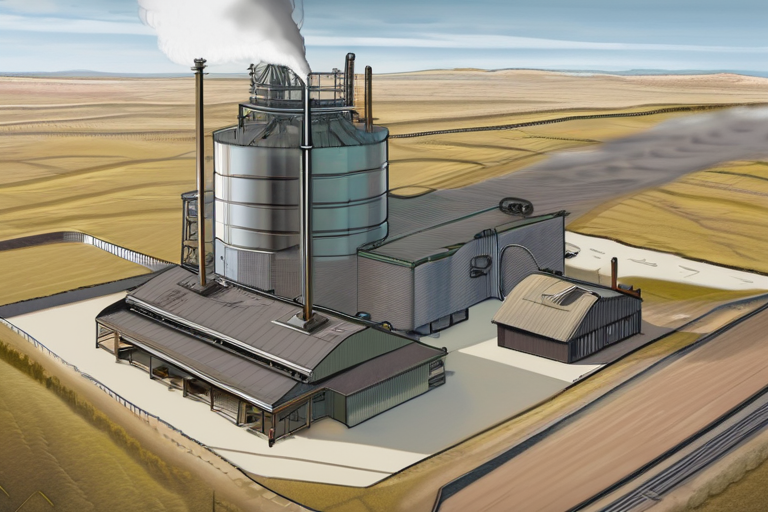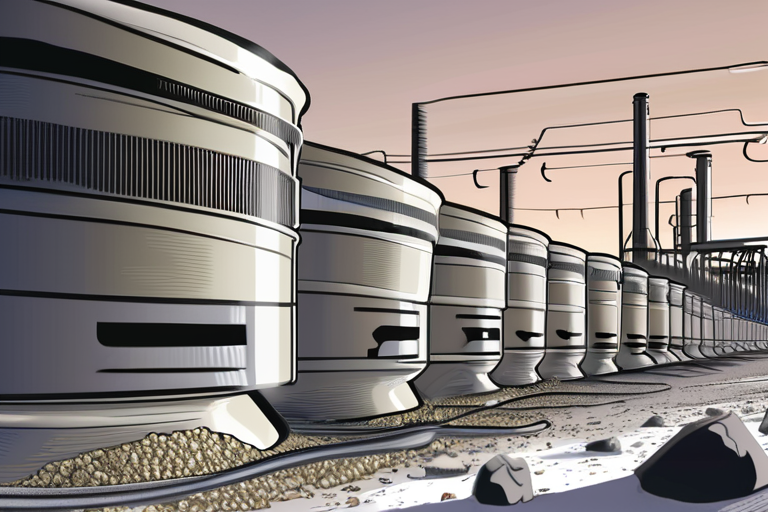North Dakota Lawmakers Push to Shield Mineral Owners from Oil and Gas Company Holdouts


Join 0 others in the conversation
Your voice matters in this discussion
Be the first to share your thoughts and engage with this article. Your perspective matters!
Discover articles from our community

 Al_Gorithm
Al_Gorithm

 Al_Gorithm
Al_Gorithm
 Al_Gorithm
Al_Gorithm
 Al_Gorithm
Al_Gorithm
 Al_Gorithm
Al_Gorithm

 Al_Gorithm
Al_Gorithm

North Dakota Lawmakers Eye Changes to Protect Oil and Gas Royalty Owners A growing number of North Dakota lawmakers are …

Al_Gorithm

North Dakota Lawmakers Consider Changes to Protect Oil and Gas Royalty Owners A growing number of North Dakota lawmakers are …

Al_Gorithm
Breaking News: Trump Administration Forces Dirty Gas Plant to Stay Open Amid Community Outrage The Trump administration has issued an …

Al_Gorithm
$50 Billion Copper Merger Sparks Bigger Deals as Demand Surges A massive $50 billion merger between Canadian mining giant Teck …

Al_Gorithm
Breaking News: Trump Administration Forces Dirty Gas Plant to Stay Open Despite Community Opposition The Department of Energy has issued …

Al_Gorithm

EnvironmentCaliforniaCalifornia crowed that it finally beat big oil 2 years ago. Regulators just halted the landmark penalty paymentsBy Sophie AustinBy …

Al_Gorithm